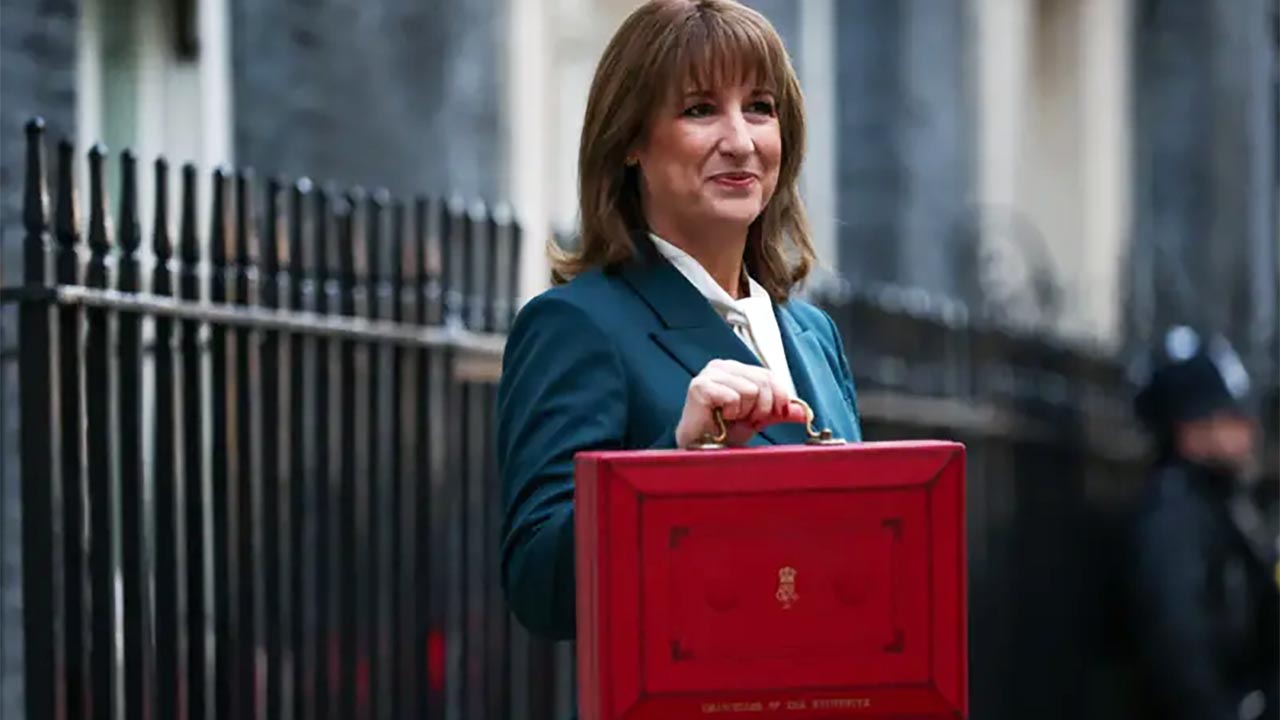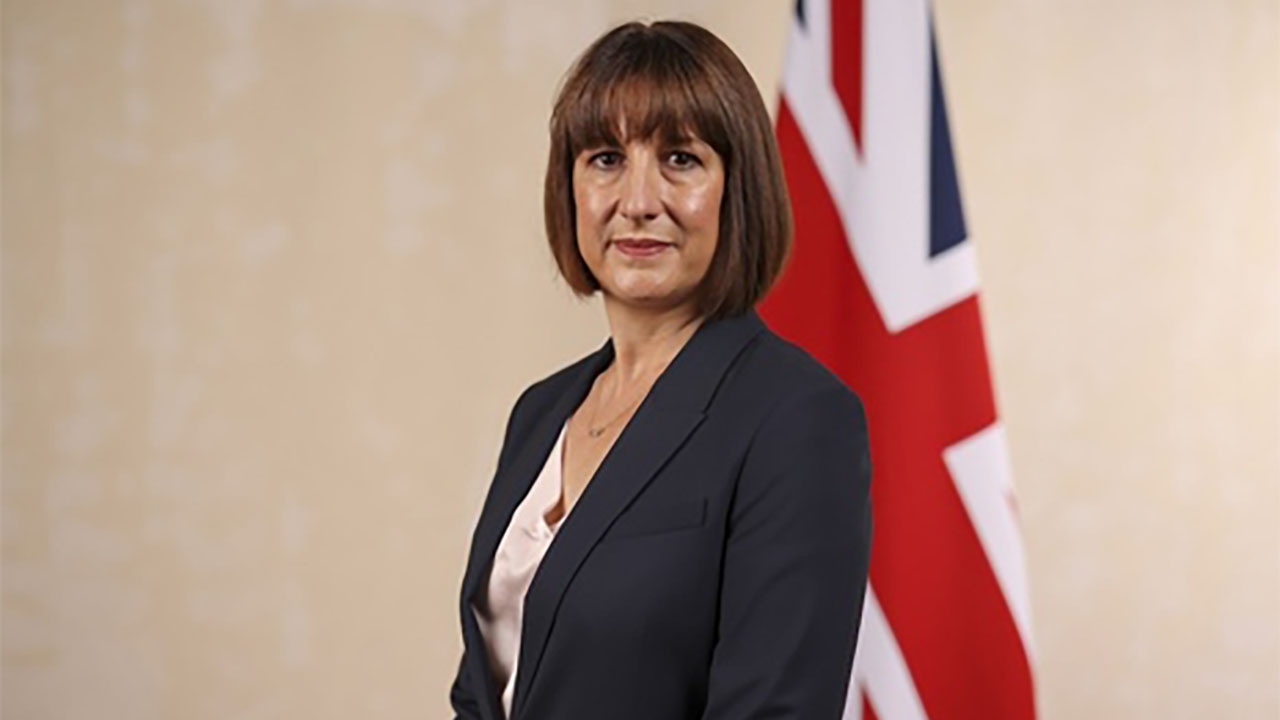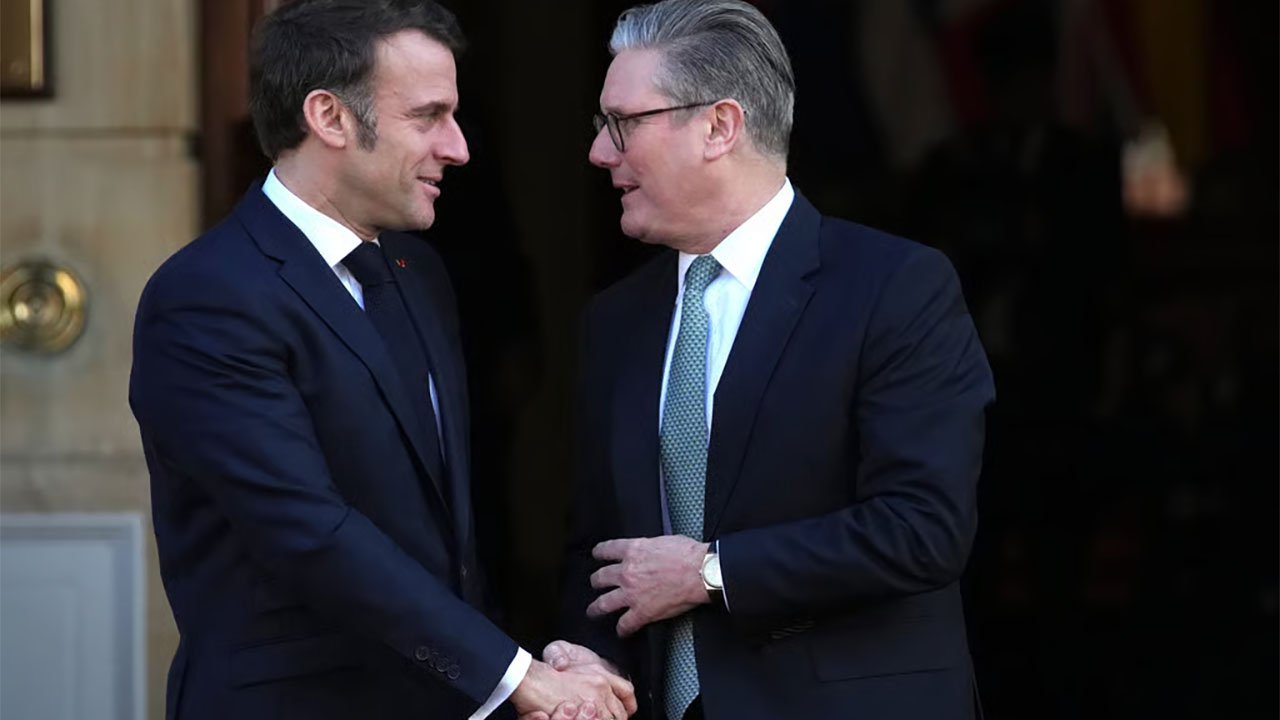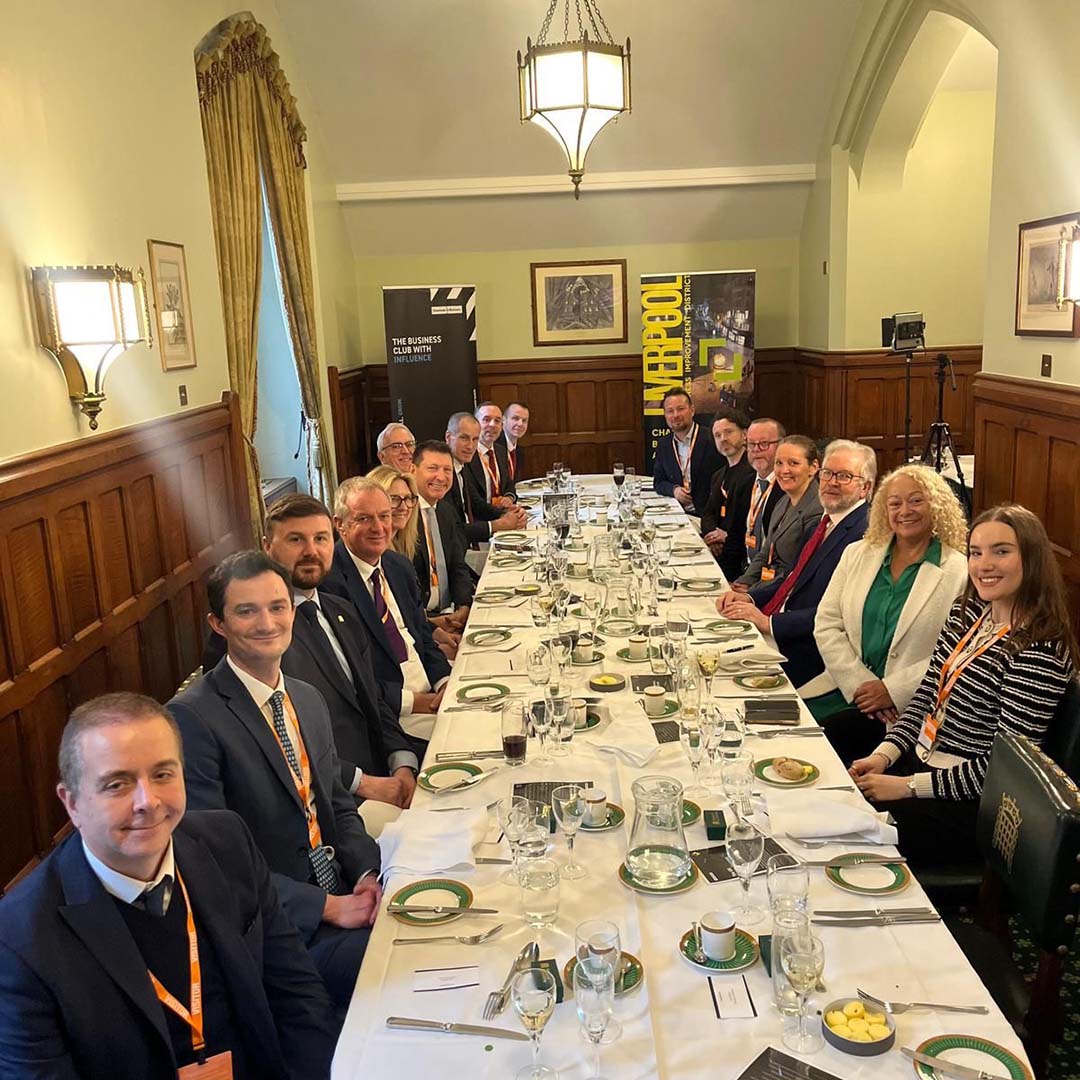After the Budget, markets stayed steady and the Parliamentary Labour party was appeased. The Chancellor has thus avoided political and financial crisis that could have finished her career and probably that of the Prime Minister.
But beyond that one has a feeling we are going to trundle along like a mediocre football team avoiding the vortex of a relegation struggle but with little prospect of trophies.
The central problem of the British economy is lack of growth and few experts see this Budget as changing that. The Chancellor clearly hopes something will turn up in the remaining years of this parliament, otherwise she has designed a car crash with the voters. Many of the tax increases take full effect in 2028/29 when the General Election will take place. It is mighty curious that she has done this. Normally 2027/28 would be time for election sweeteners. Now Rachel Reeves will be praying that her investment in public sector pay, and the Living Wage will lead to better services and higher productivity.
Labour MPs have clearly sapped the will of the Chancellor to get a grip on welfare reform. The public do not share their enthusiasm for ending the two-child benefit cap. The Tories and Reform are claiming the Budget favours shirkers not workers. While that is a crude generalisation it could also be effective politics. Furthermore, this Budget has exposed Labour to the historic criticism that it believes in high taxes.
Mind you our tax to GDP ratio has been rising in recent years under both parties. It is perhaps ironic that our ratio now more resembles our European friends like Germany, Italy, and France than the United States. So much for Brexit being the vehicle to align the UK with the wider global economy.
There was already tension between the Office for Budget Responsibility and Rachel Reeves over its growth forecasts. Some are seeing the OBRs leaking of the entire Budget before the Chancellor had got on her feet as the last straw. I don’t think so. THE OBR was set up after the 2008 banking crisis to keep politicians honest. Their forecasts are often wrong but when Liz Truss tried to ignore them, she perished before the lettuce. Any attempt to scrap the OBR would be seen as the government sending the referee to the dressing room.
So, it now looks as if Sir Keir Starmer will lead the party into the local elections. It is unlikely that the sullen public mood with its perception that nothing is working properly will have changed. Therefore, a bad set of election results is likely for Labour even though the Tories and Reform have offered little but vague ideas of how they would change things fundamentally.














